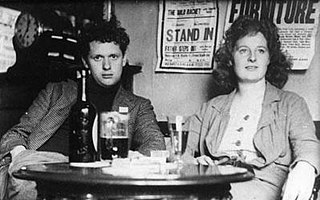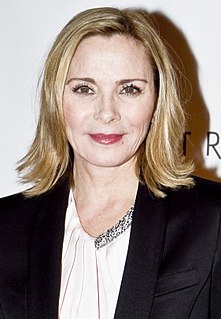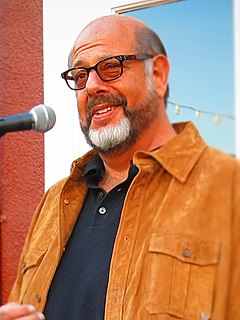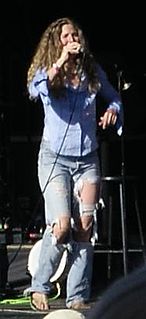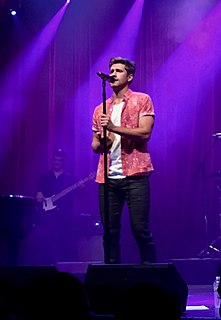A Quote by Linda Cardellini
I always had something to think about or draw from, which as an actor is a gift. The beautiful thing about film is that it gets so much closer than stage. I love stage and that's what I started doing and it's a beautiful art form in of itself, but in film you can move your eyes to the side and somehow the audience can fill in the blanks of what you're thinking.
Related Quotes
The "stage" on which you perform in film and TV is much smaller. Moving your eyes across the frame is equivalent to crossing from stage right to stage left in a big Broadway house. Coming from a theatrical background and temperament, this is something I am still learning. However, I think ultimately your responsibilities to the character and the overall story are the same in both mediums, so my approach felt very similar.
Plays are literature: the word, the idea. Film is much more like the form in which we dream - in action and images (Television is furniture). I think a great play can only be a play. It fits the stage better than it fits the screen. Some stories insist on being film, can't be contained on stage. In the end, all writing serves to answer the same question: Why are we alive? And the form the question takes - play, film, novel - is dictated, I suppose, by whether its story is driven by character or place.
The first thing I say when people ask what's the difference [between doing TV and film], is that film has an ending and TV doesn't. When I write a film, all I think about is where the thing ends and how to get the audience there. And in television, it can't end. You need the audience to return the next week. It kind of shifts the drive of the story. But I find that more as a writer than as a director.
I'm actually a huge fan of digital as well. I appreciate how that technology opens the doors for filmmakers who never had access to that level of quality before. However, I do think film itself sets the standard for quality. You can talk about range, light, sensitive, resolution -- there's something about film that is undeniably beautiful, undeniably organic and natural and real.






